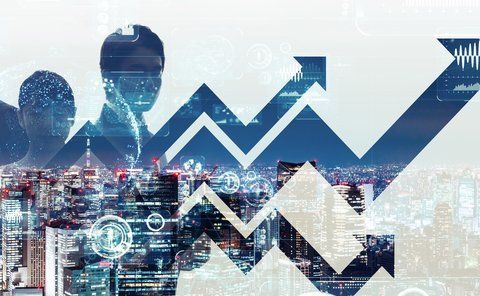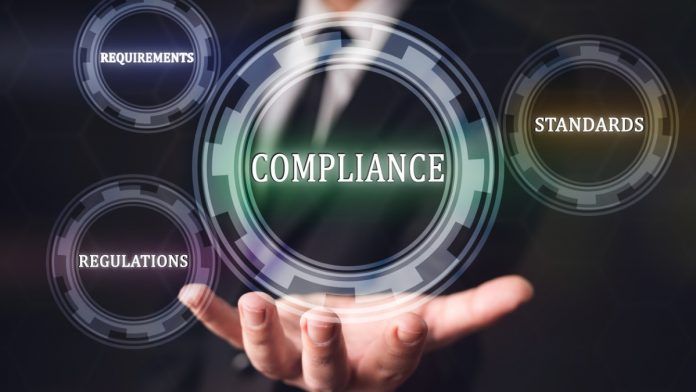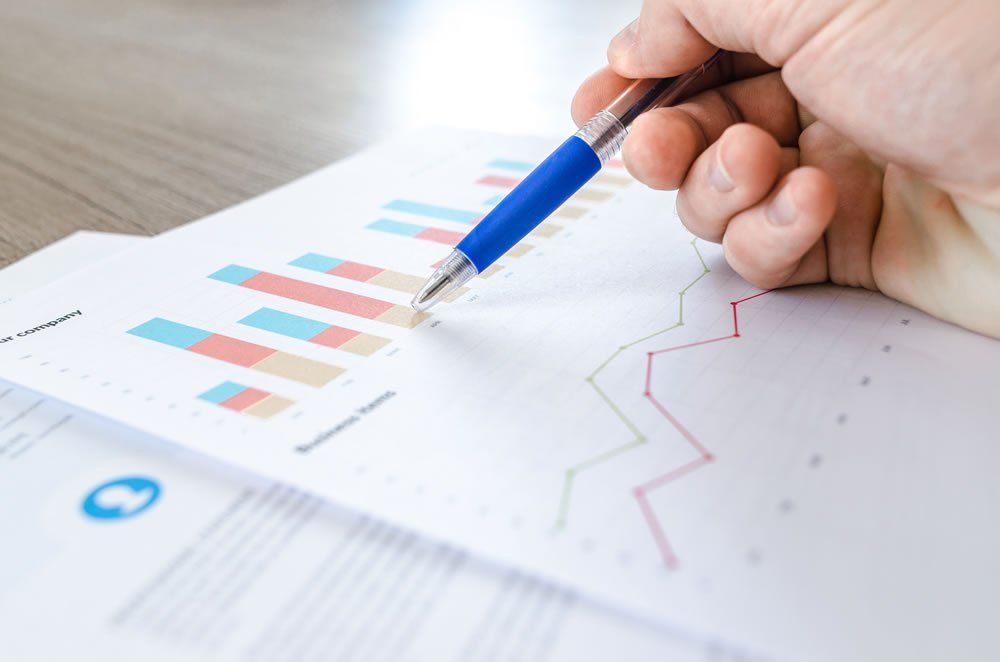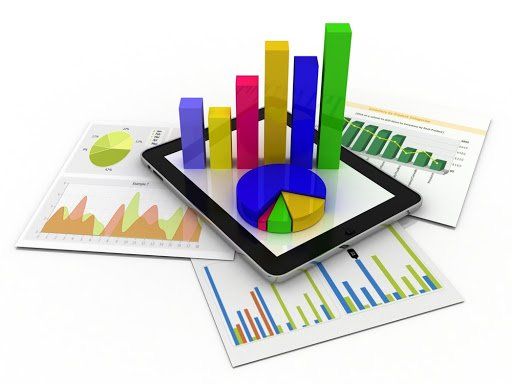BUSINESS UTILITIES
ELECTRICITY - GAS - WATER

Business Utilities

KVA Analysis
What is KVA Analysis?
kVA analysis is designed specifically to be of help to your business so that you are able to understand both your kVA allowance and kVA usage, ensuring that your allowance is perfectly aligned with the requirements of your business. There is a possibility that you are currently paying for more allowance than you need, and this will allow you to see how much money can be saved if you reduce your allowance. A kVA analysis can also help identify where it might make sense for you to increase your kVA allowance in order to avoid paying fees if, for instance, you are currently paying penalties or going over your allowance.
If we have a valid letter of authority, we will be able to figure out if you have exceeded your capacity over the last year and provide the necessary assistance.
Why is KVA Analysis Important?
Introducing DCP 161, a new measure that will come into effect on the 1st of April 2018, OFGEM has introduced it so as to ensure that half-hourly (HH) customers who exceed their assigned available capacity (kVA) are financially penalised for doing so.
The change will ensure that the additional costs incurred by the distribution network operators when customers exceed capacity levels of their available capacity will be recovered.
The supplier currently charges the customer a small amount if, for any reason, the customer exceeds their maximum capacity.
The DCP 161 will, however, increasingly penalise businesses that exceed their capacity. The penalty rate is expected to be up to three times higher than the standard under the new Regulation.
Charges are expected to vary depending on the area, with higher charges expected in areas where the demand is high.
To avoid this it is essential to understand your usage, available capacity and maximum demand levels for your supply.
To avoid excess capacity charges, businesses currently incurring these charges need to either agree on a revised capacity or make the necessary energy-saving measures to reduce their maximum demand.
Those businesses that change from non-half-hourly (NHH) meters to half-hourly (HH) meters, are particularly vulnerable and should establish their current agreed level of capacity as well as their maximum demand levels at the time of the change.

MOP & Data Collection
Meter Operator (MOP) Service
For most businesses, a MOP contract will provide them with the tools to manage and monitor their energy consumption. No matter whether you are setting up a new connection or looking to switch to a new metering service, Energyex is here to help keep your costs low and the quality of service high.
The market has now become totally deregulated, so you have a host of competitive options at your disposal - we can find the perfect agreement to match your business needs and help you avoid unnecessary costs and hassles.
We will be able to take care of the supply, installation, maintenance and operation of your electricity meter through a partnership with a fully accredited MOP, allowing your business to reduce the cost associated with these services, no matter how big or small.
It is our intention to run your MOP system on the same platform as your data centre, allowing for seamless integration with metering systems, and making the process of two-way data communication in a highly cost-effective and simple manner.
What is MOP DC/DA?
It is mandatory to perform half-hourly (HH) metering for all businesses with peak loads exceeding 100kW, as well as all meters covered by P272 (05 - 08 NHH profiles). This mandatory requirement stipulates that all HH meters must have both a Meter Operator (MOP) as well as a Data Collection/Data Aggregation (DC/DA) provider. You will be charged for these services as non-commodity costs on your invoice.

Compliance Services
In a fast-paced environment, it can be rather challenging to stay up-to-date with legislation and to have the resources needed to deliver analyses and reports on time. You can depend upon our teams to stay on top of all developments for you and to ensure that you meet all your mandatory requirements (e.g. the Streamlined Energy and Carbon Reporting Regulation SECR).
Our expert team uses defensible processes throughout the entire delivery process in order to ensure a complete audit trail is maintained, which removes the burden of compliance and gives you the option to budget accurately for the financial impact of the relevant scheme. Not only that, but our dedicated compliance teams will also ensure that a body of evidence is compiled and maintained and submitted to the regulator when required.
Energyex Team understands the intricacies and differences in reporting requirements for a wide range of energy and environmental schemes and provides bespoke solutions for hundreds of businesses in the UK each year. On top of making sure that your compliance requirements are met, we’ll also analyse your data to discover areas of efficiency and cost reduction that will guarantee that you are getting the maximum benefit from your operations.

Invoice Validation
Our free bill validation service will ensure that your business is billed at the agreed rate with your chosen supplier for the energy that you consume.
It is unfortunately not uncommon for suppliers to make mistakes with estimated billing and inaccurate charges. It is likely that this will result in unnecessary large bills and overpayments, which can cause cash flow issues for your business. Invoice monitoring can be a time-consuming task when done internally. Let Eneco free up your valuable time so that you can focus on what is more important.
Our dedicated account managers work to provide you with confidence that you are only paying for what you actually use, as a result of our longstanding relationships with suppliers that allow us to resolve any billing error and provide assurances to our customers.
Our billing and position reporting can also be tailored to your specific requirements, should this be required by you.
Our Invoice Validation Services Include:
Pre-Payment Energy Bill Validation:
The invoices are reviewed within five working days and prior to the payment due date, so that any discrepancies are corrected as soon as possible by your supplier. Having this service will create a quick turnaround of any issues you may encounter, which will assist you with financial planning, as well as provide you with the reassurance that you only pay for what you use.
Post-Payment Energy Bill Validation:
The invoices will be reviewed within six weeks of receipt, on a monthly or quarterly basis. Our team works to an agreed-upon tolerance level and we work in conjunction with both you and your supplier to acquire either a rebate or credit/debit on your next bill.
Retrospective Energy Bill Validation:
There is a check done of all invoices going back up to a period of six years ago. Each invoice batch can be based on a specific period of time and over a specific site. Your energy bill will be reviewed and any discrepancies identified will be investigated and the supplier held accountably. Then we will take steps to ensure that you are kept informed throughout the process, liaising with your supplier in order to obtain a rebate if that is necessary.
Bespoke Energy Reporting:
We can provide customized reporting services tailored to meet your individual requirements.
What We Check:
- All unit rates and charges (supplier contract)
- All published rates and charges (for example DUoS rates, DUoS losses, and water rates)
- Flexible charging and reconciliations
- Transportation charges and reconciliations (gas)
- Triad charges and reconciliations (electricity)
- MPANs/voltages (electricity)
- The accuracy of billing dates
- Ensuring correct sites are billed
- Missing invoices/meters
- Half Hourly Data (HHD)/meter read consistency
- Estimated/actual meter read frequency
- Taxes
- All calculations on an invoice

Reporting & Monitoring
It is vital for large businesses looking to control their energy expenditure and live a greener lifestyle to have an energy monitoring and reporting system. There is a theory of Energy Monitoring that states: that if you know how, where and when energy is used, you may be able to monitor it and if you manage it, then it may be possible to reduce its use.
It is very essential that every business has a monitoring system in places which allows specific consumption areas to be divided, such as the use of air conditioning in hotels or the use of electricity during times of peak consumption. It is only by evaluating these data that businesses will be able to identify potential energy wastages and anomalies, and thus develop solutions in order to achieve the most economically advantageous outcomes.
Multi Powers has extensive experience in specifying and installing comprehensive monitoring and reporting packages on the behalf of large-sized companies, which are tailored to a specific company's requirements to collect patterns, and usage data, and to record, analyse, report and communicate relevant control actions taken to ensure that they are effective.
You might be surprised to know that Customers with half-hourly meter service can save up to 15% of their annual energy bills just by using their on-site generator during Triad (TNoUS) or by reducing consumption by just a couple of minutes each day between November and February during the DNO Red time zone? Multi-Power has the distinction of presenting such a solution through our reporting solution, which can result in significant savings in energy bills by applying straightforward and simple strategies to organisations.
Benefits of Reporting & Monitoring
- Saving on energy cost: In this day and age of ever-increasing energy costs, it can often be helpful to a business's bottom line to save electricity.
- Help to reduce wastage of energy: It is evident that the more energy a business uses, the greater the risk due to the increase in price or a shortage of energy supply on profitability and operations. With energy management, you can monitor and save electricity, making it easier to budget and plan.
- Improved energy efficiency
- Reduction in GHG emissions: Optimum energy consumption leads to reduced carbon emission and GREENER Earth. With carbon tax being applicable in most countries' costs, the Implications of saving energy and reducing carbon emissions are immense.
